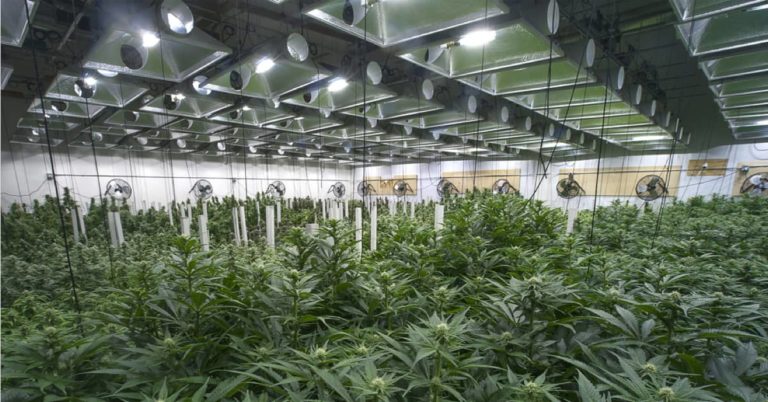
Who will gain control of the “budding” marijuana business?
While some pharmaceutical companies may not think very highly of marijuana, others are jumping on the bandwagon and attempting to navigate this uncertain and ever-changing market in an attempt to grow their revenues. With states legalizing marijuana in various forms for various purposes, small businesses have been hitting the jackpot, but how long do they have before the pharmaceutical industry takes the lead?
Even though states across the country have shown a willingness to legalize marijuana, it remains a Schedule I substance at the Federal level. The Food and Drug Administration (“FDA”) explained that this decision is, at least in part, based on a lack of clinical trials examining the effectiveness of marijuana for medicinal purposes. However, it’s precisely the Schedule I status that has rendered clinical trials almost impossible to conduct.
The current FDA framework distinguishes between cannabis (the plant), cannabis-derived compounds (compounds extracted directly from the plant), and cannabis-related compounds (synthetic compounds created in a laboratory). So, when developing marijuana-based products, it is imperative to understand what type of product is being contemplated. When it comes to cannabis or cannabis-derived compounds, prior to even beginning research or clinical trials in the United States, a company must first obtain the Drug Enforcement Administration’s permission to utilize the Schedule I substance (marijuana). Navigating these processes are nuanced and complicated due to the confusing and often-times conflicting regulations surrounding cannabis law in the U.S.
Unsurprisingly, given this framework, the first FDA-approved drug products have been cannabis-related compounds. Currently, the pharmaceutical industry has developed drugs using synthetic forms of THC: dronabinol and nabilone. These synthetic compounds are easier to conduct research with, making it easier to generate the safety and efficacy data required to gain FDA approval, because they do not require access to the marijuana plant itself, which remains Schedule I. Dronabinol is used to stimulate appetite for cancer and AIDS patients to counteract weight loss and both dronabinol and nabilone are used to mitigate nausea and vomiting associated with chemotherapy.
Marinol® is currently listed as a Schedule III drug, and Syndros is listed as a Schedule II drug even though they contain the same synthetic THC substance, dronabinol. This discrepancy is due to FDA’s assessment that Syndros’ liquid formulation may be easier to abuse as opposed to Marinol® which comes in a capsule form. According to FDA, Syndros’ liquid formulation renders it more prone to abuse because it can be smoked, inhaled, or injected more easily. This serves as a tip– make your marijuana-based medications as abuse-free as possible. It is much easier for the FDA to regulate pill-based or liquid-based forms of marijuana rather than the plants themselves, which is why pharmaceutical companies are currently succeeding in the marijuana business.
In June 2018, the FDA approved the first drug containing a purified substance directly derived from the marijuana plant—Epidiolex®. Epidiolex® is purified CBD and it is indicated for the treatment of seizures arising from two rare forms of epilepsy—Lennox-Gastaut and Dravet syndrome. Although Epidolex® is an oral solution, it is classified as a Schedule V substance because, unlike THC, CBD is not a psychoactive compound. Additionally, based on the 2018 Farm Bill, the effectiveness of CBD should become much easier to study. The Farm Bill, which passed in December 2018, removed hemp plants (cannabis plants containing less than .3% of THC) from the drug scheduling system. Therefore, it should become much simpler to conduct research and even run clinical trials utilizing CBD, because CBD can be derived from hemp plants. We would expect to see more drugs containing CBD, like Epidiolex, in the near future.


